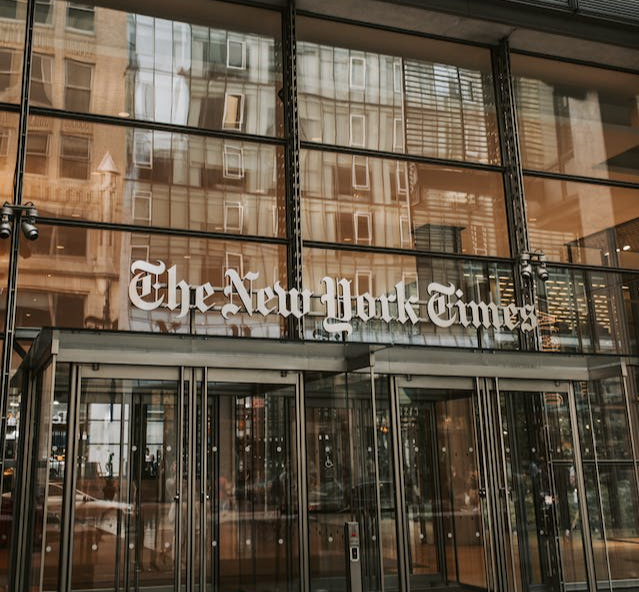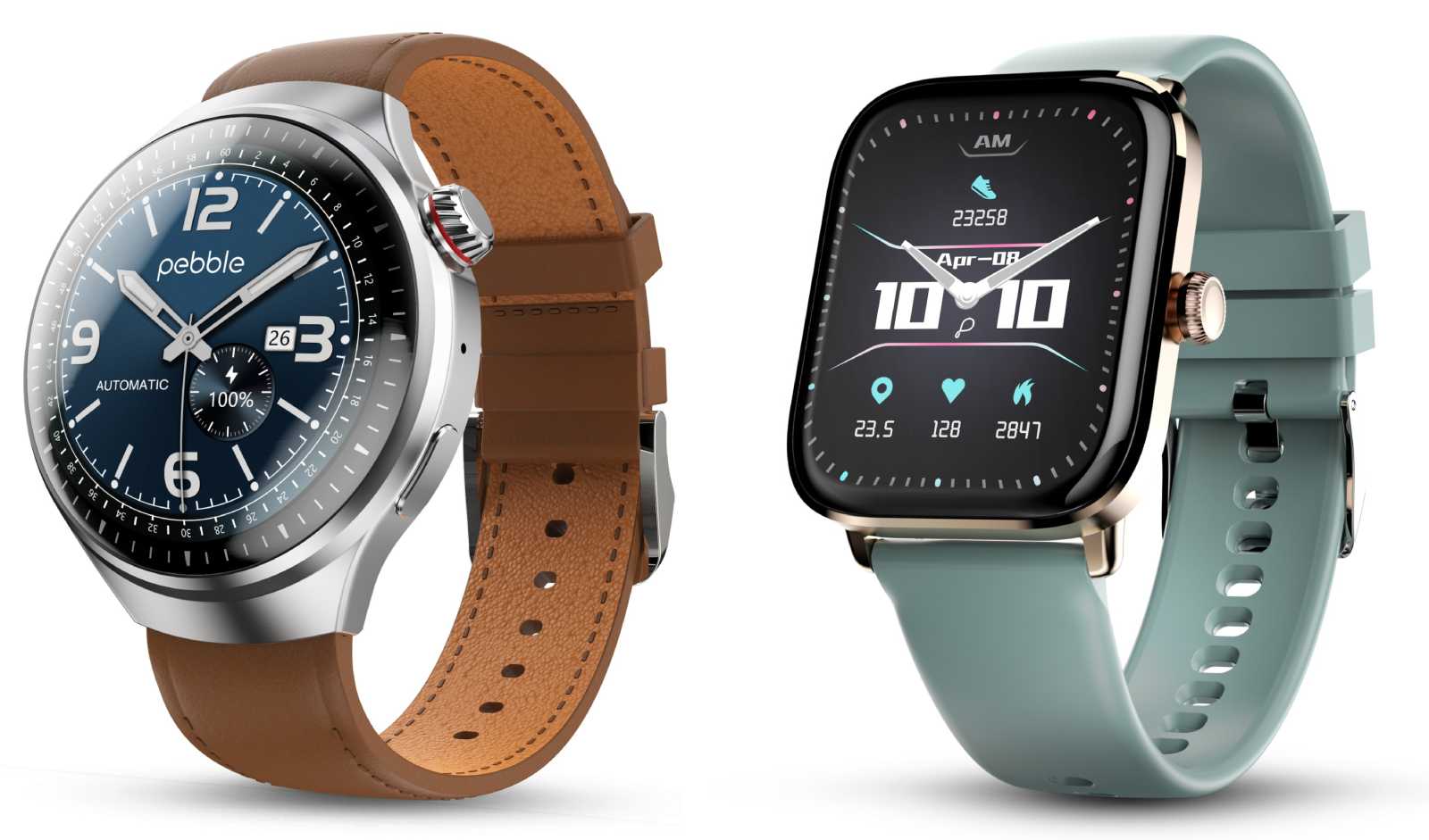The New York Times sued OpenAI and Microsoft for copyright encroachment on Wednesday, asking that ChatGPT be annihilated, alongside some other enormous language models and preparing sets that have utilized The Times’ work without installment.
This is the main significant media association to sue the makers of ChatGPT, and the decision could start a trend for fair use regulations around man-made intelligence pushing ahead. The claim asserts OpenAI and Microsoft prepared artificial intelligence models on protected information from The New York Times. Also, it asserts that ChatGPT and Bing Visit frequently recreate long, word for word duplicates of The New York Times articles. This permits ChatGPT clients to sidestep The New York Times paywall, and the claim claims generative computer based intelligence is presently a contender to papers as a wellspring of dependable data. The New York Times claim expects to consider the organizations responsible for “billions of dollars in legal and genuine harms” and looks for the obliteration “of all GPT or other LLM models and preparing sets that consolidate Times Works.”
OpenAI and Microsoft didn’t promptly answer Gizmodo’s solicitation for input.
“There’s one more part to what these artificial intelligence organizations are later and that is, for absence of a superior word, power,” said Michael Butterick, a legal counselor addressing Sarah Silverman and other book writers in a different intellectual property claim against OpenAI. “They might want to violate the spine of intellectual property regulation now so that individuals who hold copyrights won’t have a rejection over what the artificial intelligence organizations do from here on out.”
Courts will at last need to conclude whether preparing man-made intelligence on the open web is safeguarded by fair use regulations in the US. The fair use regulation considers the restricted utilization of protected works in specific conditions, for example, short scraps of articles on Google Query items. Legal counselors addressing The Times say ChatGPT and Bing Visit’s utilization of protected material is more serious than in query items. That is on the grounds that web search tools give a conspicuous hyperlink to the distributer’s article, though chatbots from Microsoft and OpenAI disguise the wellspring of the data.
Apple as of late begun arranging manages significant news distributers to involve their substance in the organization’s preparation of generative artificial intelligence frameworks, as per The New York Times. To the extent that public declarations go, Apple has fallen behind rivals in man-made reasoning, however its capacity to evade significant copyright cases that OpenAI and Microsoft are confronting would allow it a critical opportunity to get up to speed. OpenAI, itself, as of late arrived at an organization with the distributer Axel Springer to involve Politico and other distributers’ substance in ChatGPT’s responses. The New York Times purportedly moved toward OpenAI about an organization in April, yet no goal was reached.
The result of this claim, and others like it in San Francisco, could have significant ramifications for the fate of generative computer based intelligence. Early pioneers in man-made intelligence, like Google, Adobe, and Microsoft, proposed to safeguard clients in court on the off chance that they ended up buried in a copyright case, yet these organizations are being blamed for copyright encroachment themselves. The New York Times suit will assist with deciding if OpenAI and Microsoft’s part in the artificial intelligence upset. On the off chance that The Times wins, it would be a significant chance for other Huge Tech goliaths like Apple and research to excel.


